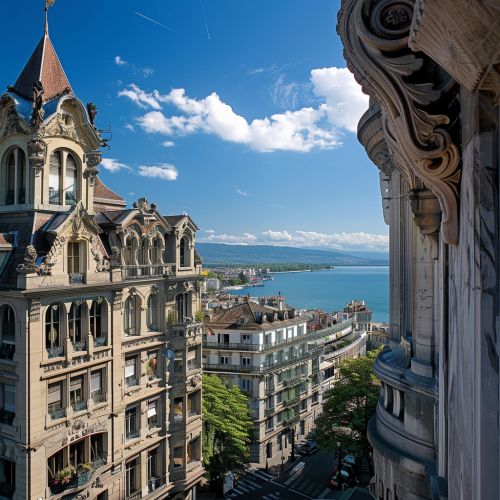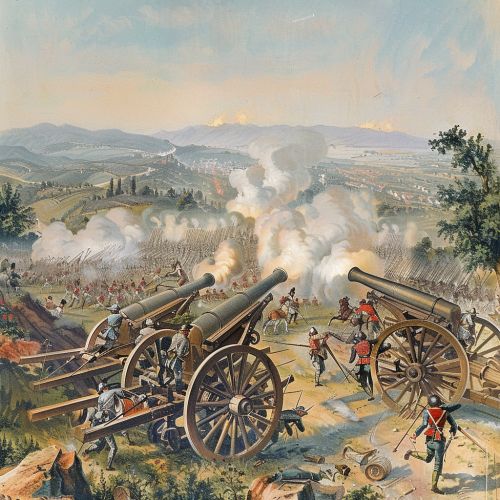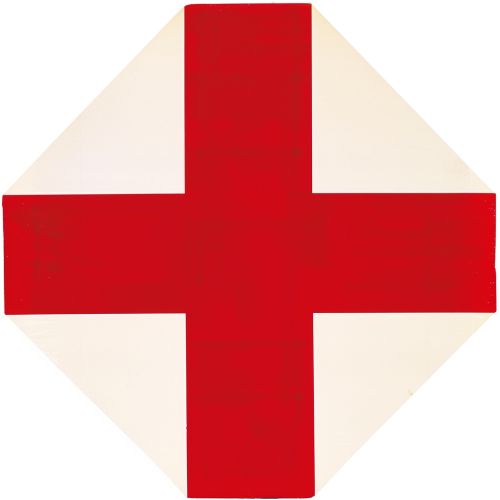Henry Dunant
Early Life
Henry Dunant was born on May 8, 1828, in Geneva, Switzerland. He was the first son of businessman Jean-Jacques Dunant and his wife Antoinette Dunant-Colladon. His family was devoutly Calvinist and had significant influence in Geneva society. His parents stressed the value of social work, and his father was active in helping orphans and parolees, while his mother worked with the sick and poor. Dunant grew up during the period of religious awakening known as the Réveil, and at 18, he joined the Geneva Society for Alms giving.


Business Career
In 1853, Dunant created a business to operate in foreign colonies, and in 1856, he bought land in the French colony of Algeria, where he planned to grow corn. However, he needed water rights for irrigation, and the French authority in Algeria was slow to respond. To speed up the process, Dunant decided to appeal directly to French Emperor Napoleon III. He travelled to Italy, where Napoleon was commanding the French army in the Franco-Prussian War.
Solferino and the Red Cross
During his journey, Dunant arrived in the small town of Solferino on the evening of June 24, 1859, the same day a battle between the French and Austrian armies took place there. The Battle of Solferino resulted in nearly 40,000 casualties. Shocked by the terrible aftermath of the battle, with wounded soldiers left on the battlefield with little medical attention, Dunant organized local people to bind soldiers' wounds and to feed and comfort them. This experience led him to write a book titled "A Memory of Solferino" which proposed the concept of a permanent relief agency for humanitarian aid in times of war. This led to the 1863 founding of the International Committee of the Red Cross.


Later Life and Death
Dunant's business ventures failed and he was declared bankrupt. In 1867, he was forced to make an assignment of his entire fortune to his creditors, and he resigned from the International Committee of the Red Cross. For the next several years, he lived in poverty and obscurity. However, his work was rediscovered around 1895, and he was lauded for his role in founding the Red Cross. In 1901, he received the first-ever Nobel Peace Prize. Dunant died on October 30, 1910, in the Swiss health resort of Heiden.
Legacy
Henry Dunant's legacy is immense. His vision and work led to the creation of the International Committee of the Red Cross, the adoption of the Geneva Conventions, and the establishment of the Nobel Peace Prize. Today, the Red Cross and Red Crescent Movement, with its millions of volunteers, is active in peace and war all around the world, providing aid to those in need.


